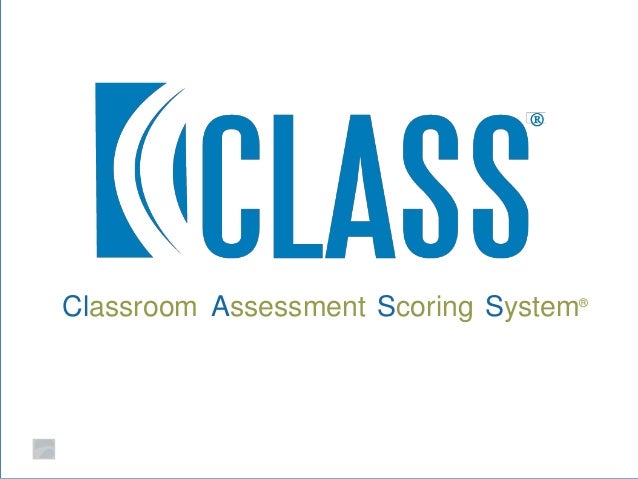Teachers as Researchers
My simulation involves researching the correlation between co-teaching relationships and CLASS scores. I hypothesize that teachers with healthy, productive co-teaching relationships have higher CLASS scores and consequently higher outcomes for children. If a correlation exists, I would hope that this would influence professional development to assist teachers with developing the most effective relationship possible.

Clearly, teachers would directly benefit from professional development created as a result of this research. Imagine how much more fulfilling teaching would be if the teachers in the classroom worked productively and professionally with one another. I have seen classrooms with teachers that clearly do not get along. The tension in the room is palatable. The children tend to be more aggressive, have more issues with whining and tattling, and seem less secure with the routine. All of these behaviors erode CLASS scores in all three domains. Lower CLASS scores are an indication of a negative learning environment, and that environment has a direct impact on children. If teachers can be trained to develop positive relationships with one another, this would create a positive learning environment which would have an impact on the children as well as the teachers.

Teaching is so much more than creating cute activities and reading to children. True teachers conduct qualitative and quantitative research everyday and may not even realize it! Teachers watch children for signs of growth and development, signs of struggle, and sign of progress. They count steps, hops, jumps, and accomplishments to establish trends and milestones. Teachers must be keen observers to know what topics interest their students and then conduct research on how to teach those topics. They must also be able to reflect and analyze their own teaching practices in order to improve.





